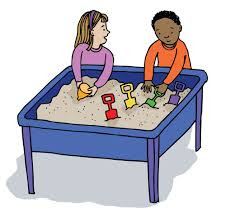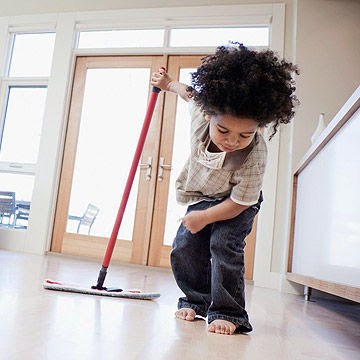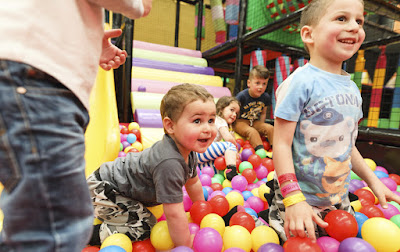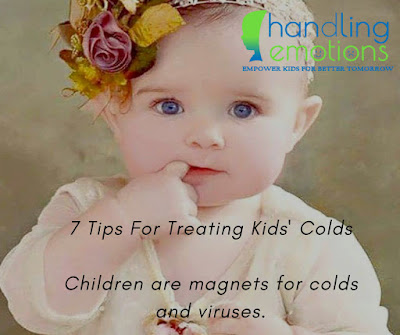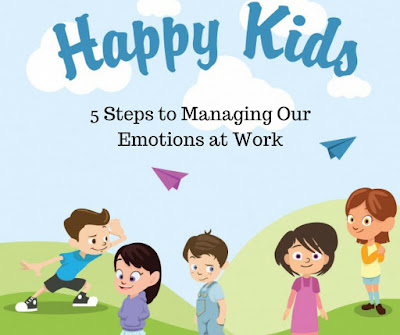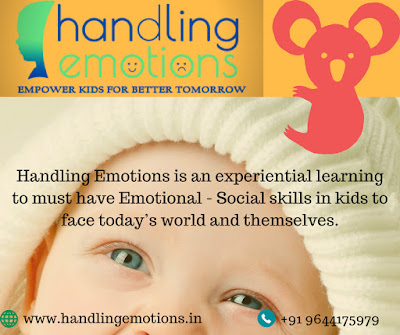6 Ways Parents Can Keep Their Emotions in Check When Dealing With Children
Some parents resort to tough punishments, even turning violent at times, which affects the children negatively and instill fear in their minds. The aftermath is that of guilt and emotional turmoil, which makes parents feel they have been too hard on their kids. Parents are often caught up in this struggle when they get any complaint about their kids behavior , like a fight with a friend, or when their children resort to bad habits.
There are several ways you as a parent can help to lead your tiny preschooler on the right path, but how can you keep a check on your emotions? Read the pointers below to know more.
1. Set a Good Example
Kids idolize their parents. The way we behave with them, the same they often replicate. If you realize this fact, your approach to controlling your emotions and temper would be much easier than otherwise. Always adapt courteous tone when addressing your child, be it generally speaking or rebuking him/her softly.
Your child will learn two things out of it- firstly, he/she will learn how to address other in a courteous manner, and secondly, the child will realize his/her mistake and adopt the will to rectify, which is very important.
2. Become a “Star” for Your Kid
Children are rightly said to be a reflection of God. They are purest beings, with innocence intact. If you tell them to believe in something, and they trust you, they will rightly believe you with no questions asked. Take this opportunity and become a role model to your kids. This starts with teaching your child how to be friendly and respectful towards others. If your child goes to one of the best preschools in your locality, half of your worries are over, because the teachers will take care of your children and impart them with virtuous values.
However, how can you be the “star” to your preschooler? Ask them about their daily activities in the day-care. They may be too young to understand much but every communication of love and care you have with them will bring you both closer and help you to calm down as well, and thus, you will be able to control your emotions when teaching kids how to become better human beings.
3. Note down the Right Words, Strike out the Wrong Ones
Take out a diary and note down all the words you generally use when losing temper on your child or being good to him/her. You will certainly have a set of positive words and some negative words. Read both the positive and negative words and make a conscious effort to not use the negative words again when helping your child overcome his/her bad habits or wrong activities. Whenever you feel, you are about to admonish your child harshly; stop yourself, and remember the positive words you had noted down in your diary, and use those instead.
4. Be Gentle While Correcting Your Child
One way to stop yourself from being excessively hard on your children, is to question yourself- Would I like to be told something politely or rude? Of course, most of us would choose the former. Similarly, kids would learn things faster and understand their wrongdoing if they are spoken politely with, yet firmly to drive the point across.
5. Check Your Stream of Thoughts
Certain times, we plan ahead when speaking to our child and not every confrontation is an outcome of an instant outburst. When you have such an opportunity, then prepare ahead. Remain calm and composed, try some breathing exercises and make a mental note of things that have to be spoken about. Search out ways you can mildly put things across to your child and how to make amends or better, help your child in finding a way out of the problems he/she must be in.
6. Trust Yourself on Being the Right Parent
While you need to be soft with your kids, however, drawing a line is crucial. Sometimes, you have to be firmer with them, and that time if you feel that your emotions are stopping you from doing the need then just trust your gut instincts. If they have been repeating mistakes or certain inappropriate activities or behaviour, then you may have to take a further step and trust us, you are doing the right thing as long as any of the corrective measures taken are not abusive.
Follow the above-mentioned steps, and notice how it will change you as a parent to becoming a better-controlled person, emotionally, when dealing with your children in preschool.
REFERENCE : www.rainbowpreschools.com



